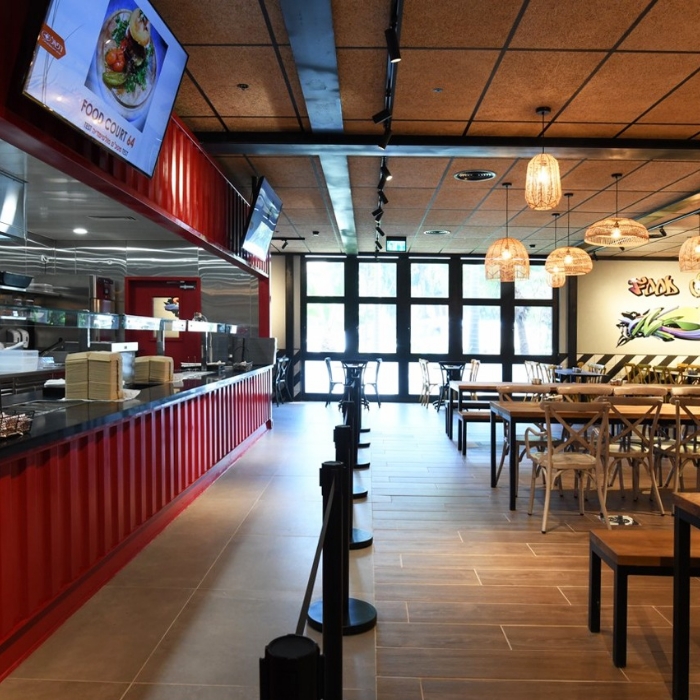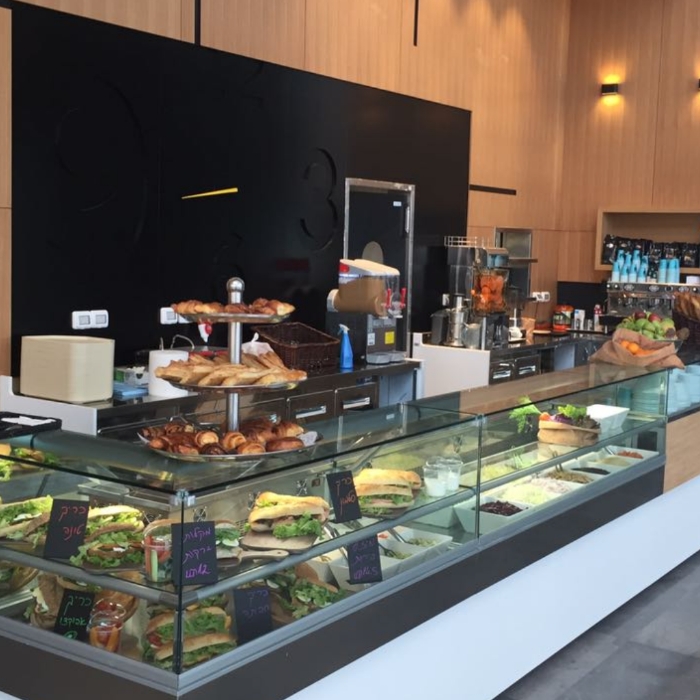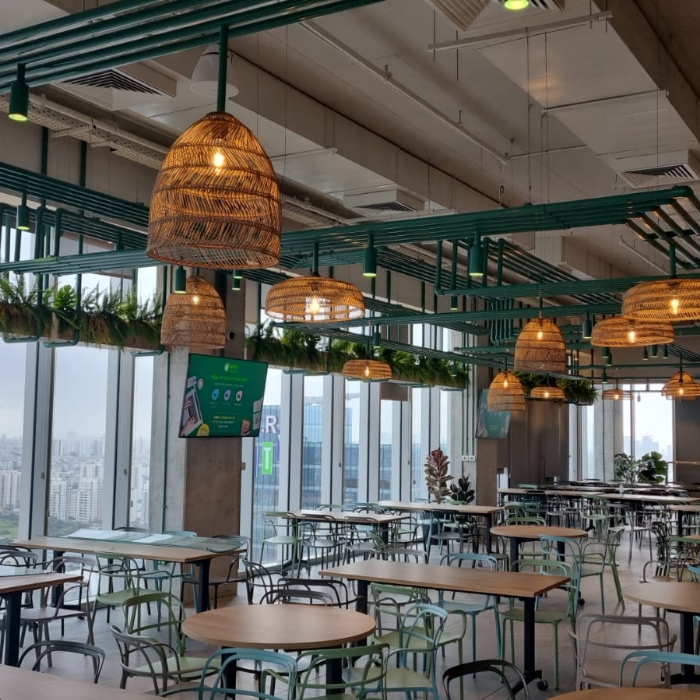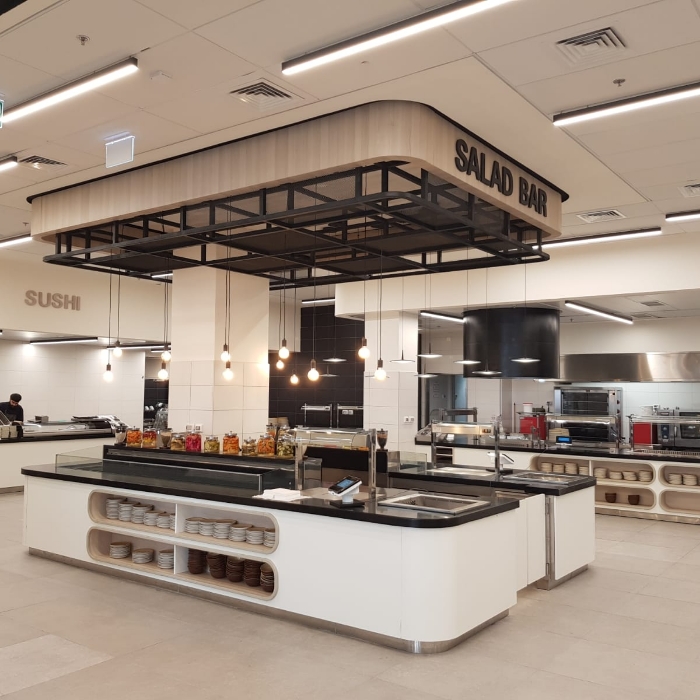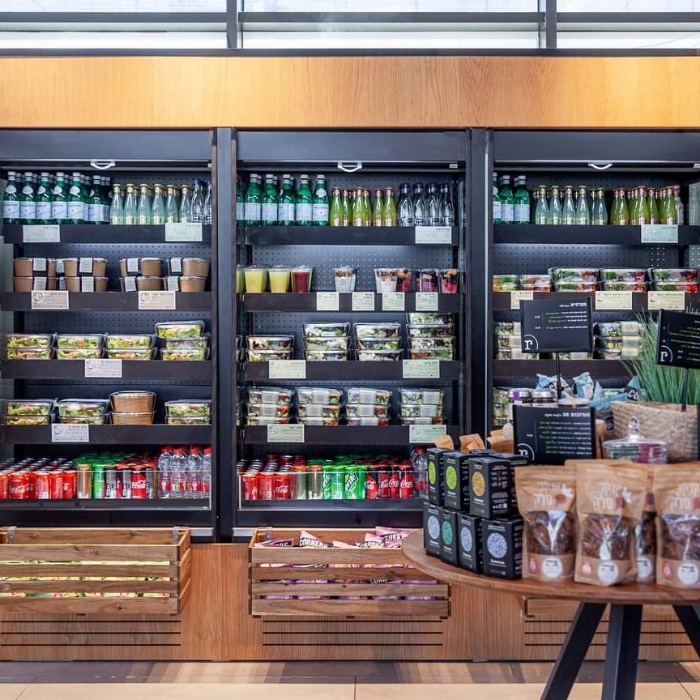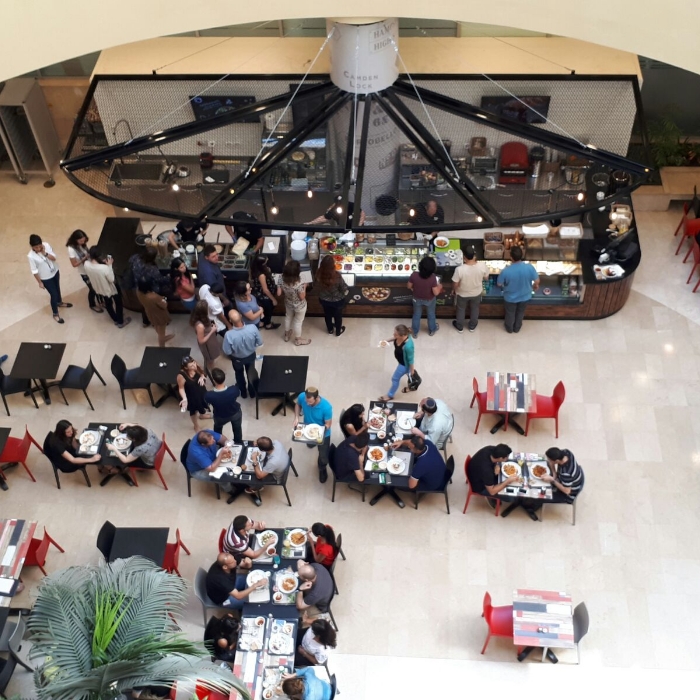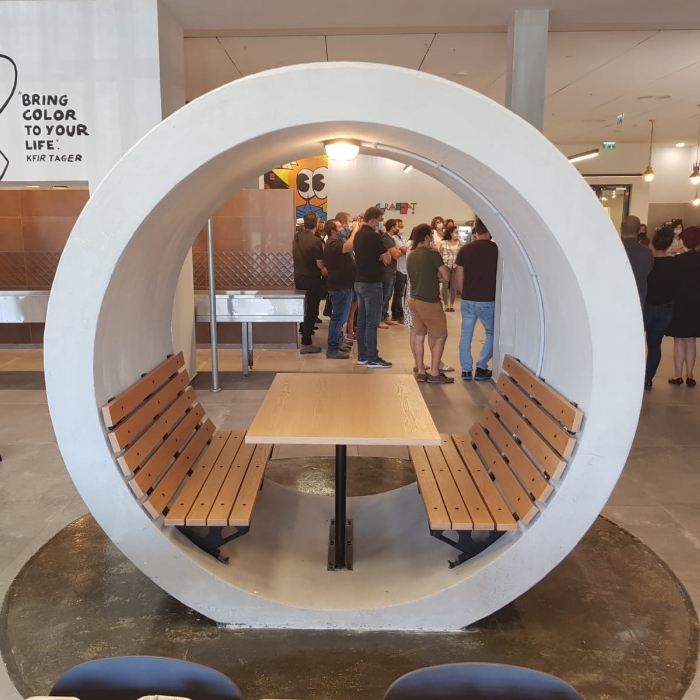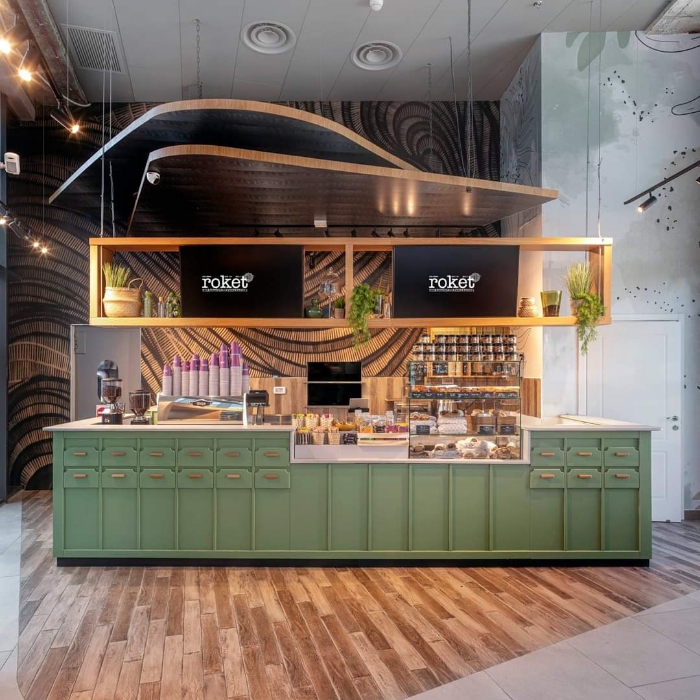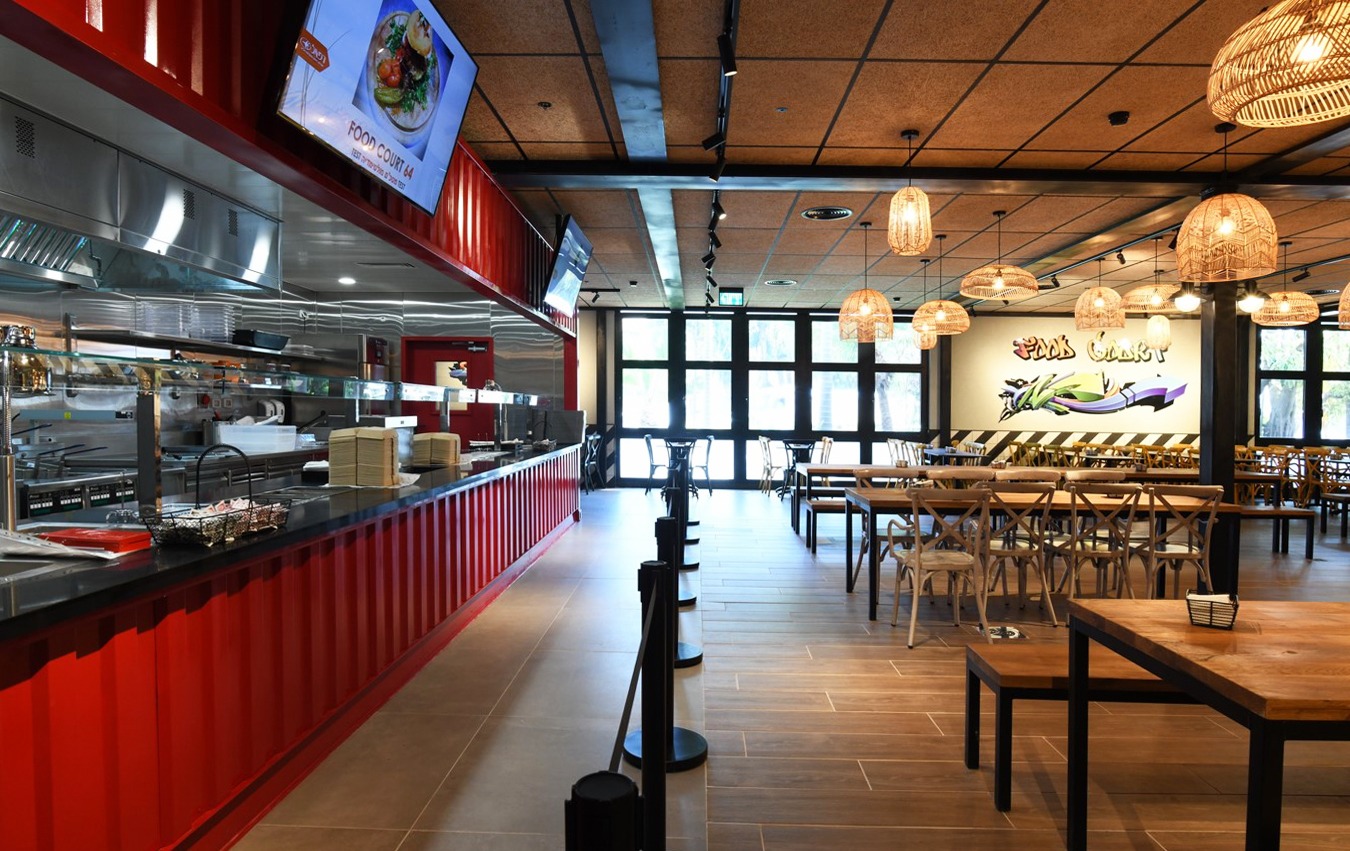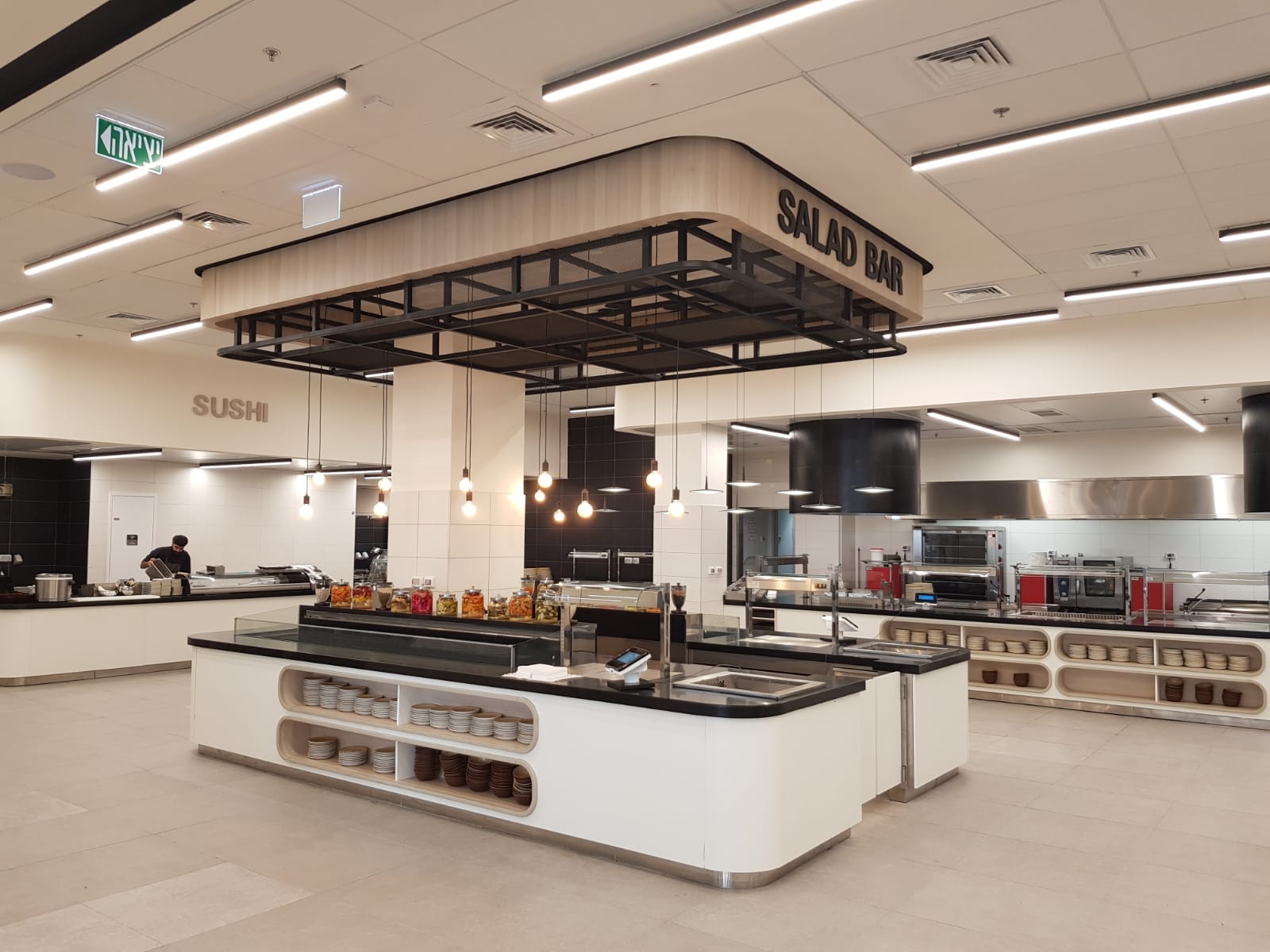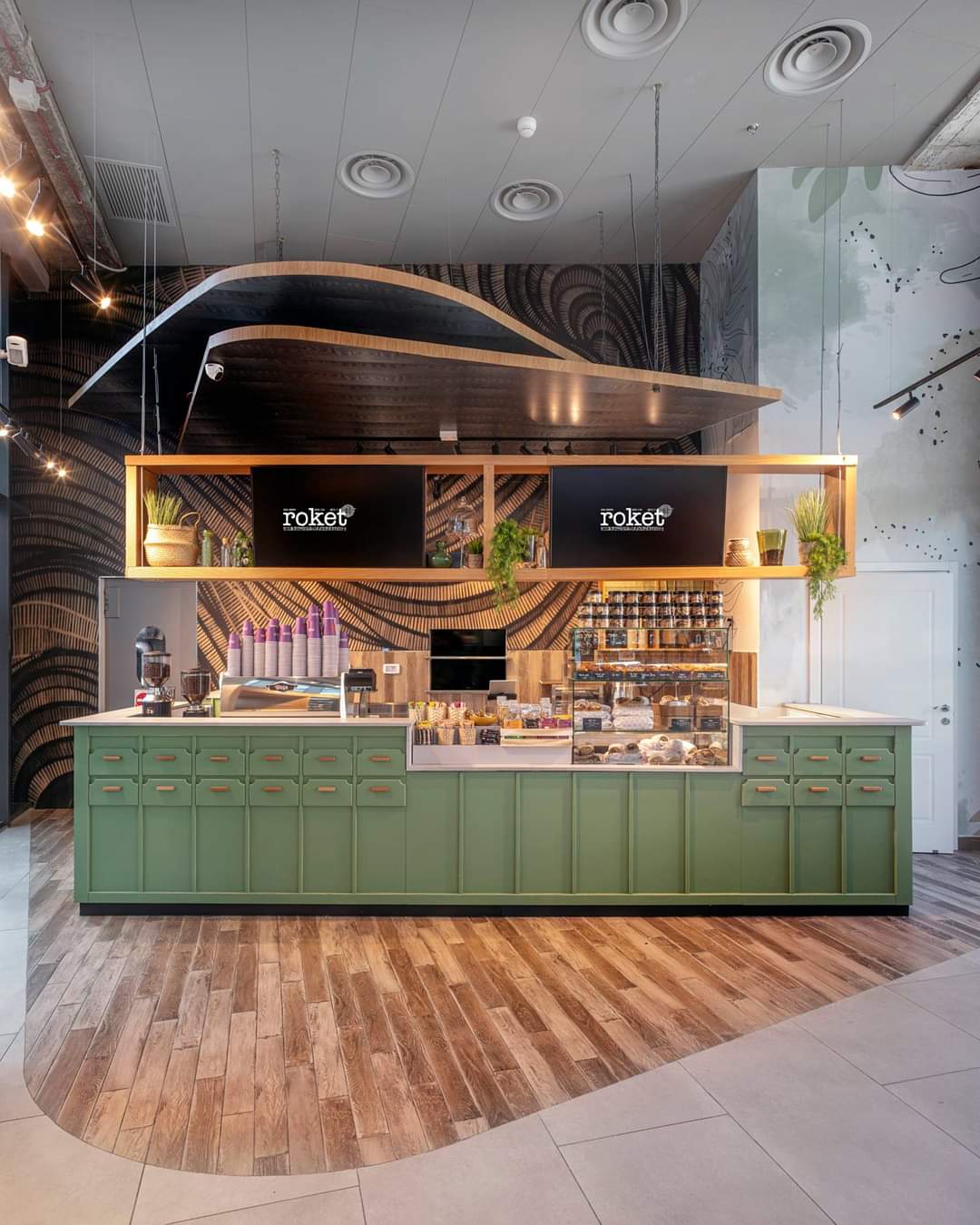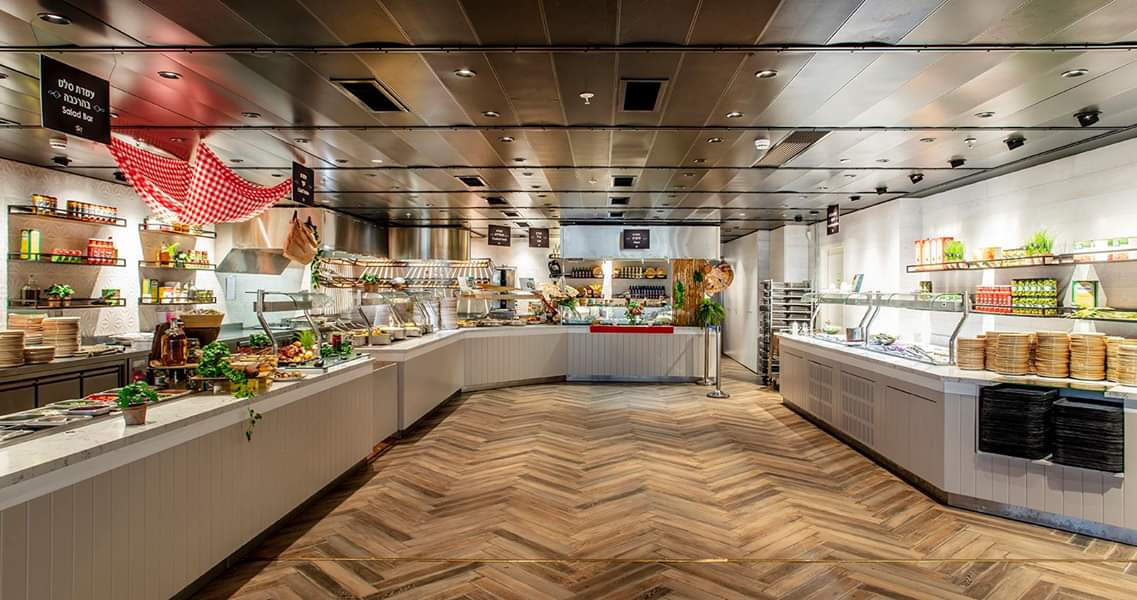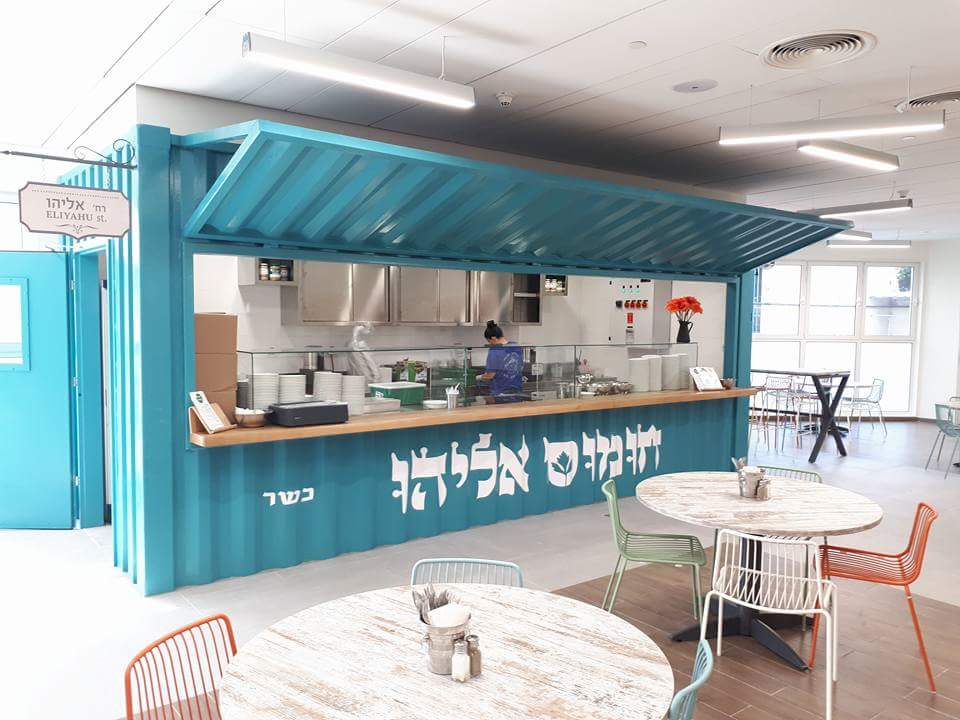Writing tenders
contact us
FoodBiz specializes in writing two kinds of tenders in the food industry: catering services tenders and ingredients tenders.
Catering services tenders
The first kind of tender is a contract or tender for catering services. This is a process that prescribes the rules between an organization and food provider, setting forth what the caterer provides, the frequency of the service, the quality of the product, the responsible parties, timetables, authorized suppliers, provisions in case of a breach of agreement, and so forth. Signing a catering agreement or applying to a tender without a “professional eye” is a source of pricing, operating, quality, and service problems that are liable to become a major issue unless proper basic rules are set forth in the agreement. Writing a catering services tender has three steps.

In the first step, we characterize the needs of the client and the diners. In this step, meetings are held to coordinate expectations, observe, and analyze the catering array. FoodBiz examines the catering specifications and contract in relative the price of the current or requested dish, the location’s infrastructure, and kind of diners, and compares them with accepted catering specifications in the Israeli food market. When all is said and done, we can say whether you are obtaining the maximum consideration for the price you are paying.
In the second step, we write the tender. Once the customer’s requirements and the diners’ tastes are understood and adapted to the desired price, infrastructure, and catering market practice, we can start writing. The tender includes a wide range of subjects and definitions that will serve the organization in the years ahead: the weight of the dishes and how often they will be served, permitted ingredients, relevant Israeli regulations, menus, kashrut certification, threshold conditions for caterers, food transportation, food safety, classification of catering equipment and utensils, personnel, and so forth.
At this point, we also provide criteria for deciding the quality of the suppliers who make the offers and recommendations for their acceptance tests. Upon approval of the tender, we distribute to appropriate caterers and support the process for selecting the most appropriate provider. In the third step, we advise the new caterer. Selecting the caterer is just the beginning, and a flawed entry process is liable to cause problems for both the organization and caterer. We therefor advise and oversee the process on behalf of the client and verify that the caterer meets the tender conditions, catering specifications, and maintains food safety.
Ingredients tender
The second kind of tender that FoodBiz specializes in are ingredients tenders. These set forth the binding legal standards for food products. This process also has three steps:
First, we characterize the tender and write its sections. This process divides the ingredients into primary and secondary categories, writes professional specifications for a list of items in each primary category, adapts the Israel Standard for each product, and sets professional emphases in the tender’s legal documents: kashrut, threshold conditions, supply conditions, and so forth.
In the second step, we offer a response to the suppliers’ questions - for you. Usually, after the characterization stage, the suppliers participating in the tender ask professional questions about the specifications. FoodBiz answers the questions for you.
In the third step, more checks are conducted to select the best supplier. In this sector, FoodBiz combines new quality characteristics; for example, a product tasting and taste comparison panel among the participating suppliers. Cooking and post-cooking tests: cooking quality characteristics. The cheap pre-cooked product often turns out to be the most expensive after cooking, due to unreasonable depreciation. Sending ingredients for laboratory tests to check their nutritional value and compliance with the Israel Standard. Carry out food safety and quality assurance inspections at plants to check whether they comply with Good Manufacturing Practice and suitable for participating in the tender.


